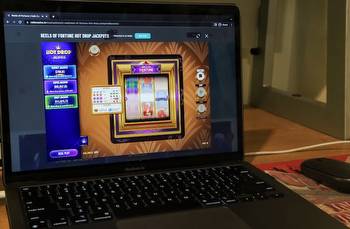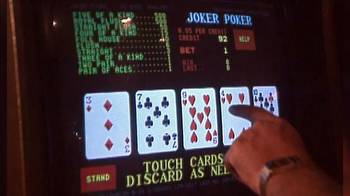A gamble on your mental health, study seeks risk in betting

CHAMPAIGN, Ill. (WCIA) — When Shane Cook, the gambling program director of Gateway Foundation, an addiction treatment non-profit, read the Illinois Department of Human Services’ study on gambling addictions, he wasn’t surprised.
“For the majority of people, they can enjoy gambling, as a form of recreation,” Cook said. “For others, though, when you get into the problem gambling area, and those people that are at risk, it becomes a little bit more…it can cause anxiety and a real compulsion to get back to the table or get back to the video terminal and to continue.”
According to that study, 3.8% of Illinoisans had a gambling problem in 2021. They estimate an additional 7.7% of Illinois adults are at risk for a gambling problem.
Illinois has loosened several restrictions on gambling recently. Starting in 2020, the state legalized betting on sports games. And in March, they removed a restriction to let residents sign up anywhere in the state.
Despite new avenues, the lottery is still the most popular form of gambling in Illinois. IDHS found that adults in the state spend on average $275 on the lottery per person in fiscal year 2020.
And people with substance abuse disorders are more susceptible to getting a gambling addiction.
“If you’re at a casino, and you’re gambling, you may have the best intentions of sticking within your budget,” Cook said. “But as you gamble, if you’re also drinking, your judgment becomes impaired. And pretty soon you’ll be spending more than you anticipated spending.”
IDHS also found that 68% of all people who experienced gambling problems also dealt with serious anxiety or depression in the past scenario.
Another group at a higher risk for gambling problems are young people. Cook said this is because many children are introduced to scenarios that simulate gambling at younger ages, like opening loot boxes in video games.
“A lot of our younger generation has been exposed to this at an earlier age, sort of transitioning to online gambling,” Cook said. “It’s a very easy transition to make.”
If you or someone you know is struggling with gambling, you can call 1-800-GAMBLER or visit IDHS’s We Know The Feeling website. Additionally, Gateway Foundation runs a 24/7 addiction support hotline at 855-925-GATE.




































